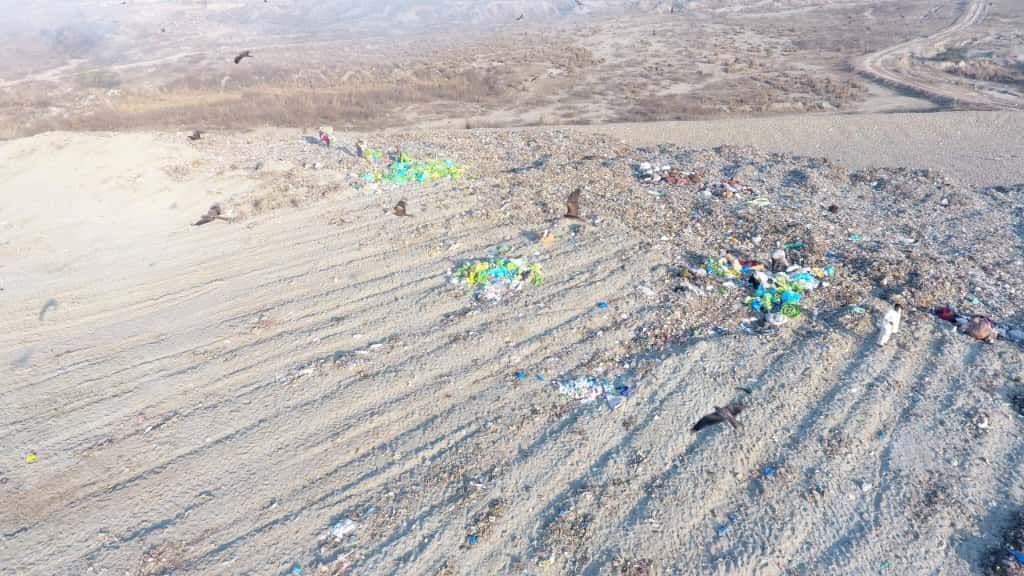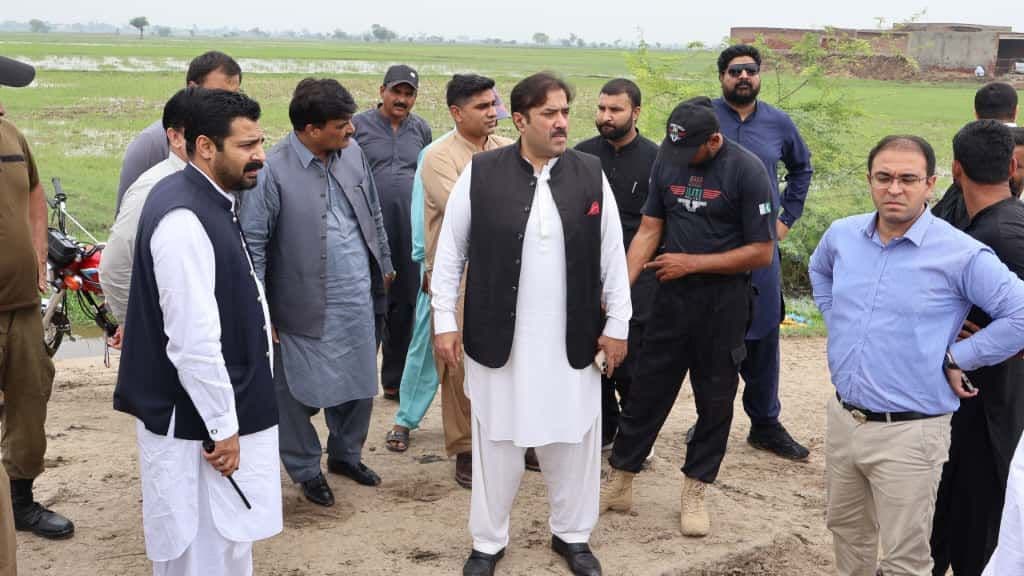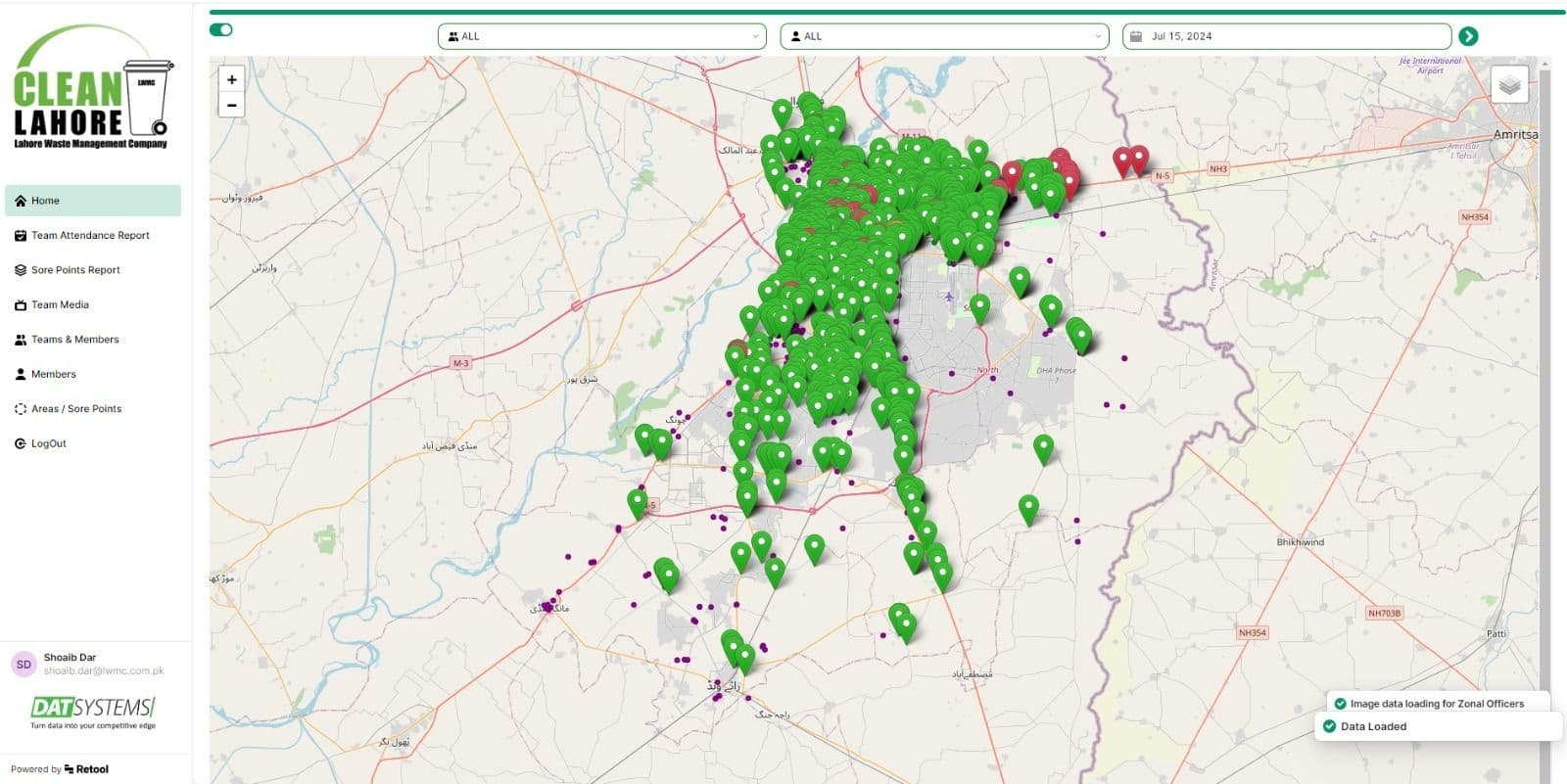A New Era of Clean Governance: Public–Private Partnership Reshaping Punjab
How Chief Minister Maryam Nawaz Sharif's strategic PPP model is blending public vision with private expertise to deliver sustainable cleanliness solutions across 141 tehsils.

In the heart of Punjab, a silent transformation is underway, that is redefining how cities are cleaned, waste is managed, and communities are engaged. Under the visionary leadership of Chief Minister Maryam Nawaz Sharif, the Suthra Punjab initiative is spearheading a historic cleanliness revolution, and at its core lies a powerful Public–Private Partnership (PPP) model. This model is not just a governance tool; it's a strategic alliance that blends public vision with private sector expertise to deliver sustainable, efficient, and modern urban cleanliness solutions across the province.
The success of Suthra Punjab is rooted in a robust PPP framework that enables the government to outsource operations while maintaining strategic oversight and accountability. This collaboration allows both sectors to leverage their strengths: the government provides policy direction, unified governance, and oversight, while private partners bring operational efficiency, innovation, and specialized human resources. This synergy is driving measurable results across 141 tehsils of Punjab. Through this partnership, waste management operations have become more structured, efficient, and transparent, laying the foundation for a 'Zero Waste Punjab'.
The scale of Suthra Punjab's PPP operations is unprecedented. By outsourcing services strategically, the government has ensured that every tehsil benefits from modern cleanliness systems and consistent service delivery. This province-wide coverage brings uniformity in operations, improves accountability, and ensures that no region is left behind. Whether it's bustling metropolitan centers or smaller towns, each area now operates within a structured waste collection and disposal framework—an essential step towards achieving sustainable urban development.
At the heart of the PPP model lies a commitment to sustainable solutions. This includes introducing modern waste collection methods, environmentally responsible disposal practices, and long-term strategies to minimize landfill dependency. By integrating private sector innovation, Suthra Punjab is promoting cleaner streets, greener neighborhoods, and healthier communities. From door-to-door collection to proper landfill management, every stage of the waste cycle is designed for efficiency and environmental responsibility. The PPP model enables continuous improvement and scalability, ensuring that cleanliness operations evolve with urban growth.
Door-to-door waste collection is the backbone of modern urban cleanliness. Through the PPP model, this service has been streamlined to cover urban and peri-urban communities effectively. Private sector operators bring logistical expertise, standardized service delivery, and innovative solutions that make daily waste collection reliable and timely. This structured approach minimizes open dumping, reduces litter, and creates a visible impact in local communities—ensuring that clean streets are not just an occasional achievement but a daily reality.


Waste collection is only half the story; proper disposal completes the cycle. Suthra Punjab's PPP model ensures that waste is transported and disposed of responsibly at designated landfill sites. These sites are planned and managed to minimize environmental hazards, support future recycling and waste-to-energy projects, and reduce the harmful impact of illegal dumping. By aligning operational excellence with environmental stewardship, the initiative safeguards public health while protecting natural resources for future generations.
A major strength of the PPP framework is decentralization. By empowering local management units within each tehsil, the model allows decisions to be made closer to the ground. This reduces delays, improves responsiveness, and encourages local ownership of cleanliness initiatives. Decentralized operations also enable customization based on local needs, ensuring that strategies are not one-size-fits-all but adapted to the unique urban challenges of each region.
The PPP model has opened the door for the introduction of skilled human resources and modern machinery into Punjab's cleanliness ecosystem. Private sector partners bring trained personnel, standardized procedures, and advanced equipment—from compactors and sweepers to digital monitoring tools—that significantly boost operational capacity. This modernized workforce and machinery infrastructure represent a shift from traditional waste collection methods to a more technologically integrated, performance-driven system.
While operational tasks are delegated, governance remains firmly centralized under the leadership of Chief Minister Maryam Nawaz Sharif. Through unified governance structures, clear accountability frameworks, and data-driven decision-making, the PPP model maintains strategic control while ensuring flexibility and innovation on the ground. This balance of strong leadership and collaborative implementation is what sets Suthra Punjab apart. It reflects a governance philosophy where public institutions lead with vision, and private partners execute with precision.
Beyond cleanliness, the PPP framework is also a catalyst for economic activity. By outsourcing operations, the government has created thousands of employment opportunities in the private sector. The model also attracts private investment, encourages innovation in service delivery, and strengthens the overall urban economy—contributing to a cleaner and more prosperous Punjab. Suthra Punjab's PPP approach is emerging as a model of modern urban governance. It demonstrates how governments can collaborate with private entities to address complex challenges at scale—not through temporary campaigns, but through sustainable systems built on efficiency, accountability, and innovation.
The Public–Private Partnership model at the core of Suthra Punjab is more than an operational arrangement—it's a strategic governance innovation. By combining visionary public leadership with private sector efficiency, Punjab is setting a new benchmark in cleanliness and urban management. With Chief Minister Maryam Nawaz Sharif leading the charge, Punjab is moving confidently towards a future where zero waste, environmental sustainability, and citizen well-being are not just goals, but lived realities.


